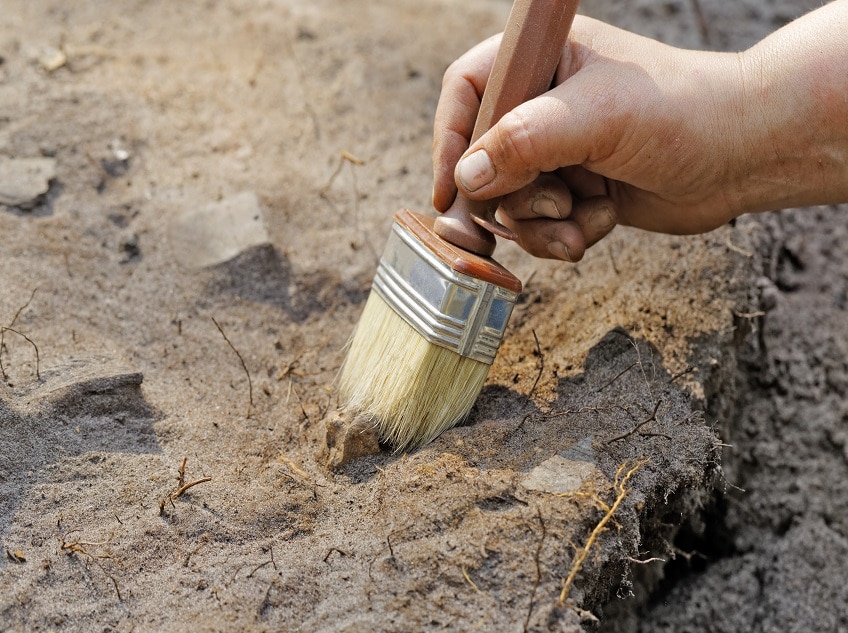Information About Postgraduate Courses in Archaeology
Studying archaeology as a postgraduate course is something of a specialised field. Many of the skills learned are only applicable in related job roles. The being said, other career options do exist outside of those in practical archaeology such as teaching and lecturing.
Postgraduate Courses in Archaeology Trends
Archaeology falls under the combined heading of historical and philosophical studies. In 2015-2016 in Ireland, only 120 students studied a postgraduate course in historical and philosophical studies, which included Archaeology. This made historical and philosophical studies the 8 14h most popular subject for postgraduate students in Ireland in 2015-2016.
Research Subjects for Postgraduate Courses in Archaeology
When you are considering which research subject you would like to tackle when you take a postgraduate course in archaeology, the research subjects which are available will depend upon a) the institute you intend to study at and b) the curriculum they offer. However, typical research subjects could be:
- Ancient civilizations – an exploratory study of civilizations which are outside of recorded history.
- Funerary archaeology – research into human remains to gain insights into the society and culture from which they are from.
- Medieval archaeology – research into the remaining artefacts from the period directly prior to the commencement of modern history.
Specialisations in Postgraduate Courses in Archaeology
When you study archaeology at postgraduate level, you will almost certainly need to pick a specific specialisation to focus upon. The specialisations available to you will vary from university to university. However, typical specialisations could be:
- Archaeological materials science – a specialisation that focuses on the technical aspects of archaeology and the archaeological process.
- Archaeology and history of art – a specialisation which looks into how modern art was shaped by ancient art (such as cave paintings) from the past.
- Classical archaeology – a specialisation which is primarily about the traditional form of archaeology, the exhumation of dig sites etc.
- Mediterranean archaeology – focused entirely on archaeological finds in the Mediterranean region or a specific period of Mediterranean history.
- Archaeology of western Europe – focused entirely on archaeological finds in the western European region or a specific period of western European history.
Studying Postgraduate Courses in Archaeology for Professional Reasons
By studying for a postgraduate qualification in archaeology you will be positioning yourself to move into a related field once your studies are over. The skills you will learn are fairly specialised and therefore aside from teaching and research, you will find the best job openings are in roles that directly relate to archaeology.
Job Roles Which Completing Postgraduate Courses in Archaeology Will Potentially Open Up
If you study for a postgraduate in archaeology you probably already intend to move into either field work or a research role. The skills you will learn to not transpose into other job roles very well. Typical jobs that a postgraduate qualification in archaeology might up on for you are:
Contract/commercial archaeology – working for a property developer, ensuring that construction sites do not contain valuable artefacts and if they do, managing their removal.
Research/academic archaeology – working as part of a research institute or learning institution as either a researcher or a teacher.
Public/community archaeology – working on community and non-profit archaeological projects quite often with volunteers.
Specialist archaeology – garnering expertise in one specific region or historical period and becoming a specialist in this niche.
In Conclusion
Studying for a postgraduate qualification in archaeology does not open up a particularly wide range of career options. People who study in the field generally intend to make it a lifelong vocation.












Comments